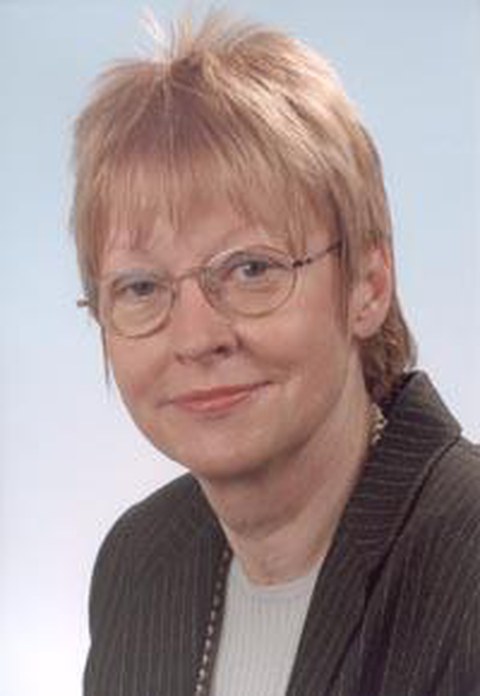Prof. Dr. phil. habil. Monika Medick-Krakau
Born: 1946, in: Hamburg
Faculty: Political Science
Academic title: Prof. Dr. phil. habil.
Monika Medick-Krakau was born in Hamburg on May 23, 1946. From 1966 to 1973 she studied political science, sociology and history at the universities of Marburg, Erlangen and Frankfurt am Main.
After graduating, she worked as a Research Associate at the Hessian Foundation for Peace and Conflict Research in Frankfurt am Main and at the Chair of International Relations at the University of Trier. After working as a university assistant at the Free University of Berlin, she spent two years researching in the USA in 1981. She then worked at the John F. Kennedy Institute for North American Studies in Berlin and as a research coordinator at the Free University of Berlin. After her habilitation in 1992, she held the Chair of International Relations at the University of Konstanz before being appointed Professor of International Economic Relations at the Institute of Political Science at the University of Leipzig in 1993.
In 1995, Medick-Krakau accepted an appointment as Professor of International Relations at the TUD Dresden University of Technology. In 1998, Monika Medick-Krakau was instrumental in the introduction of the degree program 'International Relations' at the TUD. As the first interdisciplinary degree program of its kind in Germany, it is still very popular today. In addition, she founded the Center for International Studies in 2002, which she headed with great commitment until 2008.
In addition to research and teaching, the professor held the office of Vice-Rector Research from 2001 to 2006. This made her the first woman to hold the position of Vice-Rector for Education at the TUD. Monika Medick-Krakau took early retirement in 2010 and died on April 1, 2011 after a long and serious illness.
Prof. Dr. phil. Medick-Krakau had a decisive influence on political science at TU Dresden, in particular the International Relations degree program. She was a central figure in the internationalization of Saxon universities and built bridges between science and global challenges with her commitment to teaching and research.

